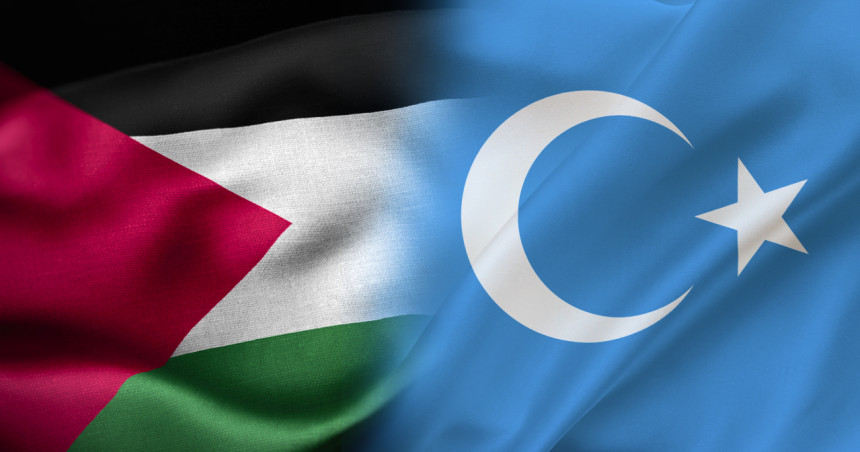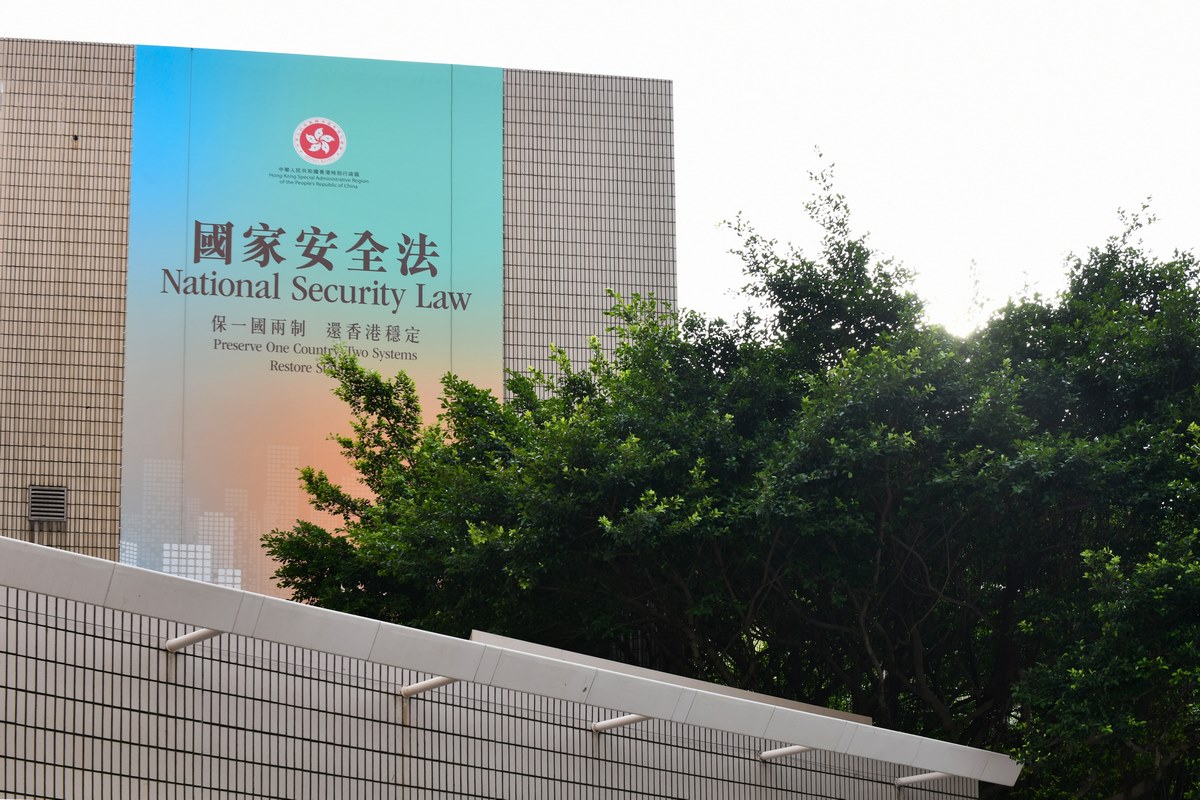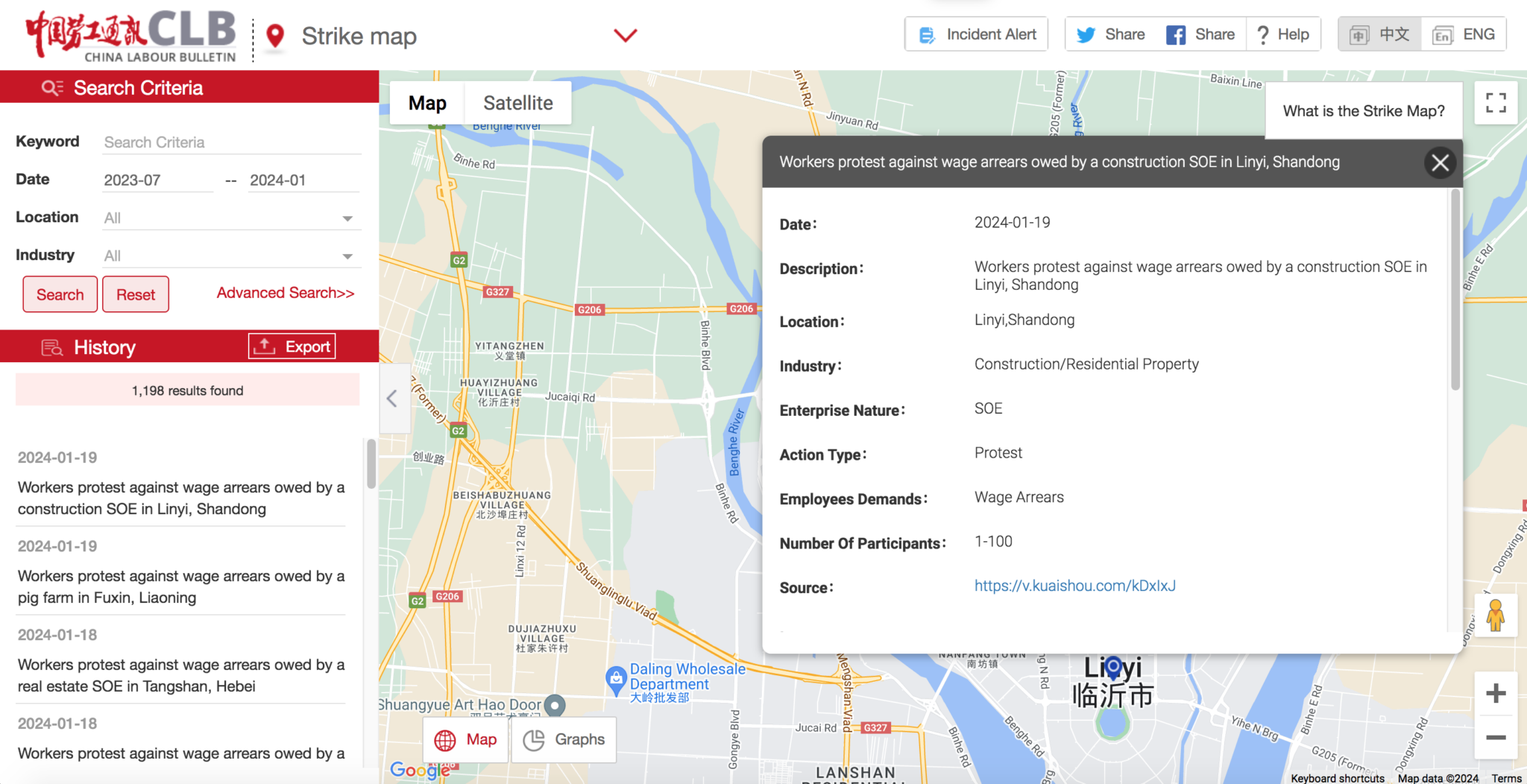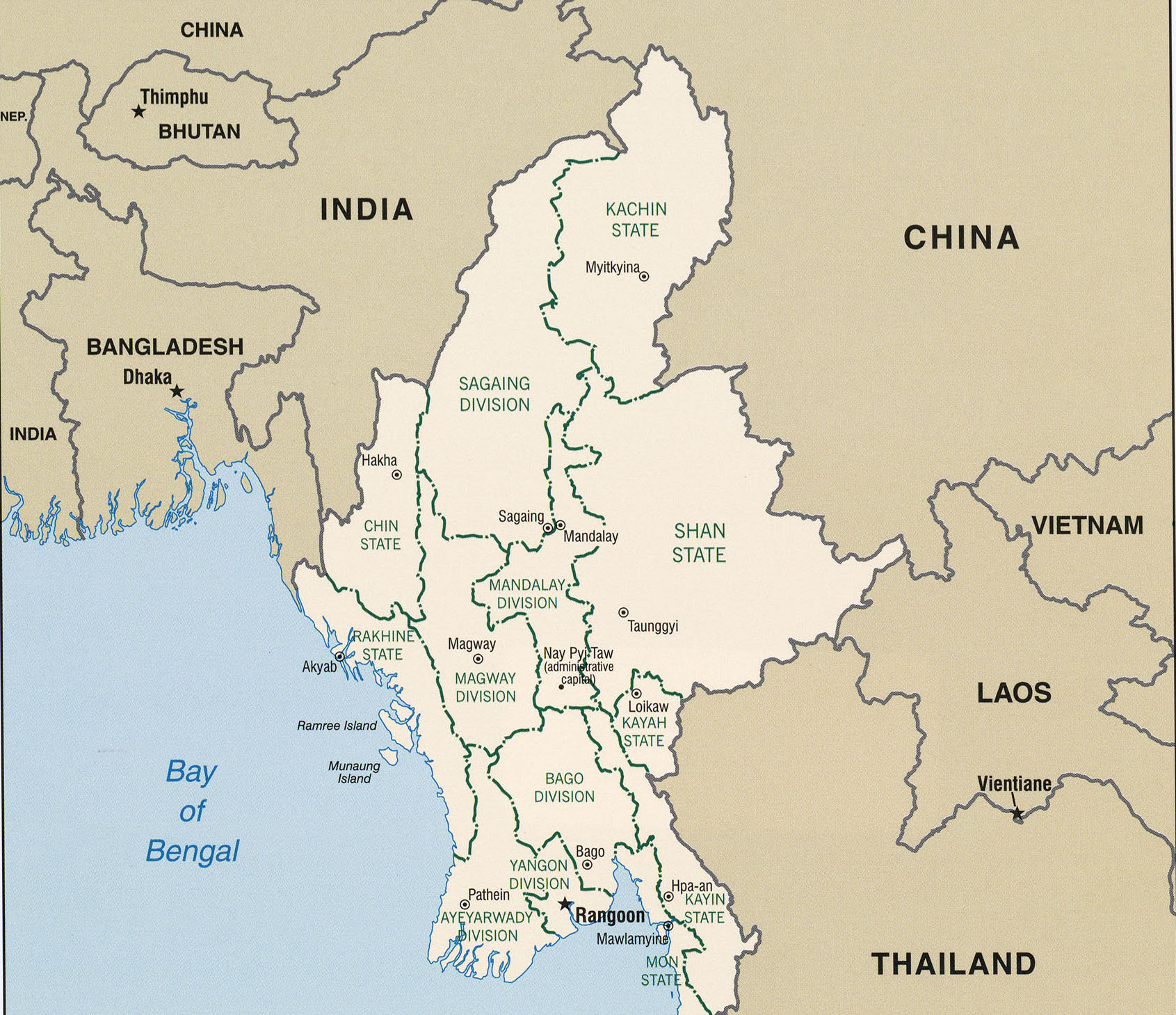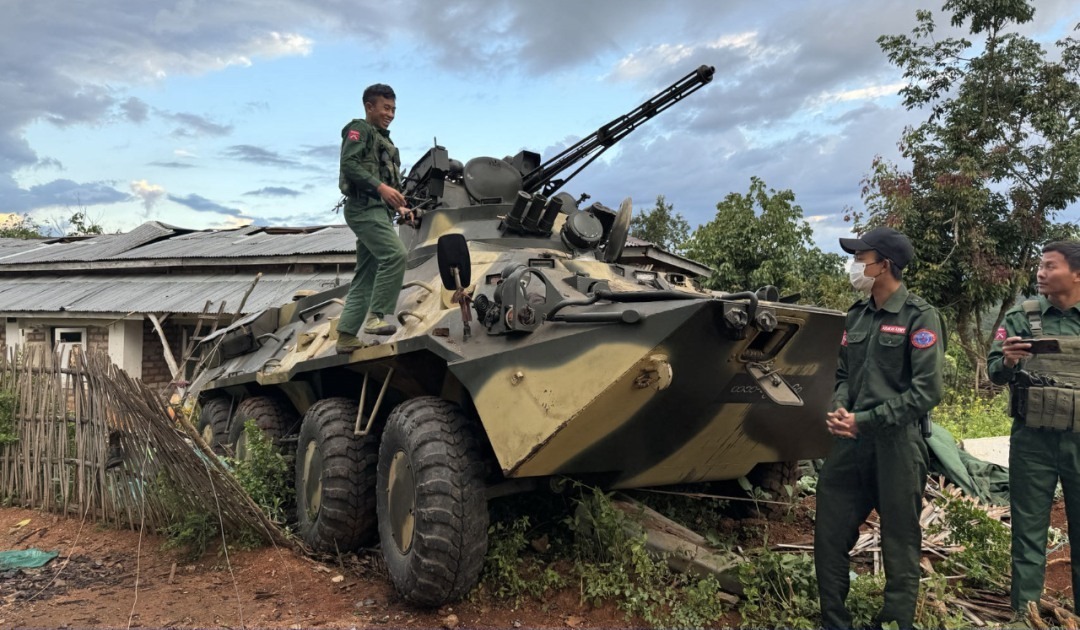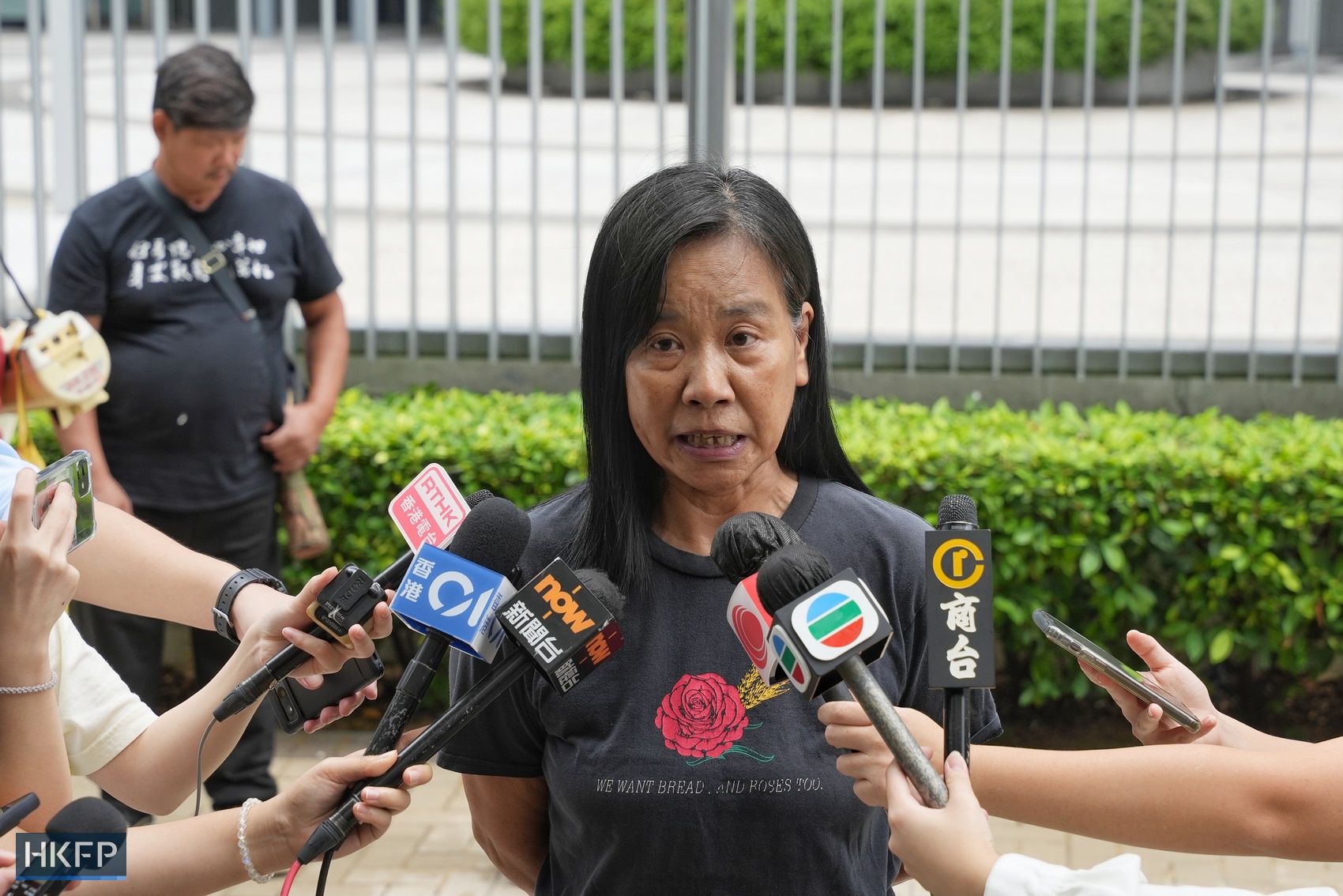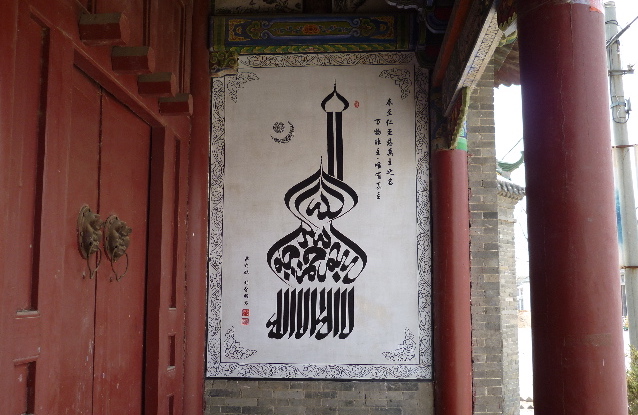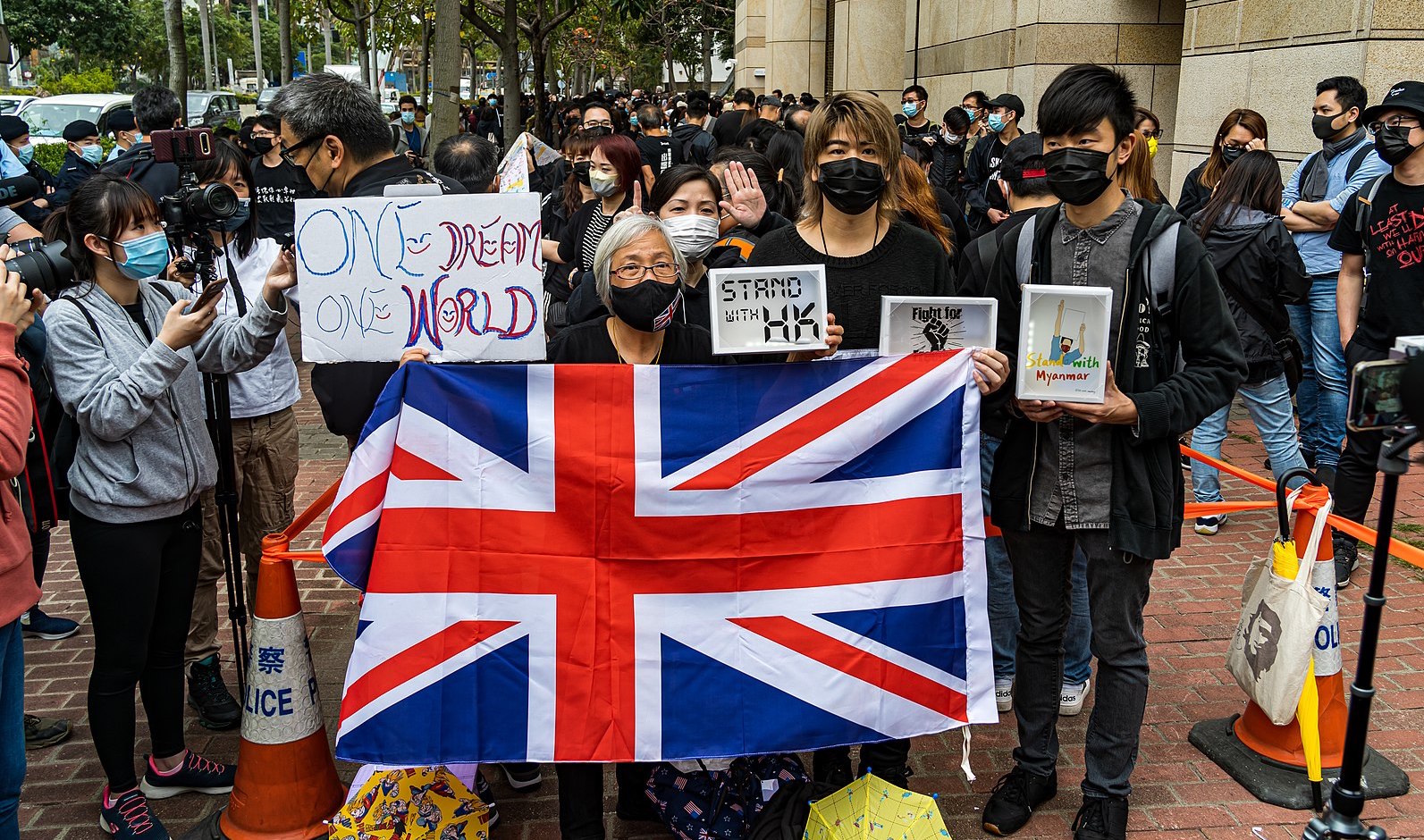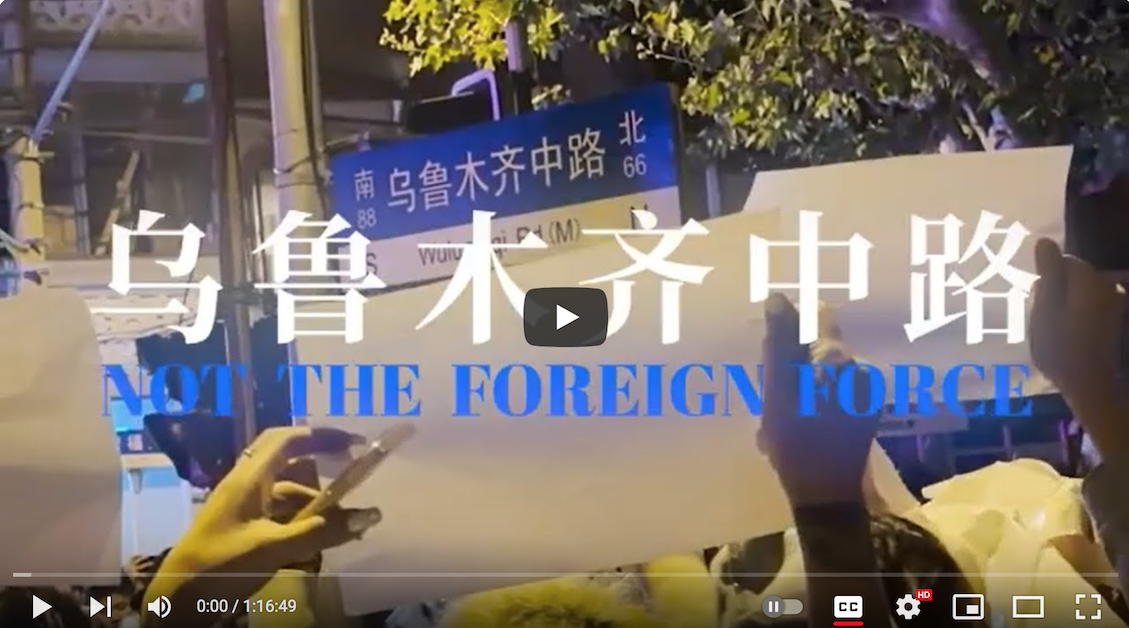
China: activist filmmaker faces prison
Police in China charged Chen Pin Lin, director of documentary Not the Foreign Force, with “picking quarrels and provoking trouble,” according to Chinese human rights monitors Weiquanwang and Civil Rights & Livelihood Watch. The charge, an offense under Article 293 of China’s Criminal Act, has been widely criticized for its elusive definition and use against dissidents and human rights defenders. The film, also known as Ürümqi Road in Chinese, depicts the nationwide protests against COVID-19 lockdown measures in China. Posted online by Chen under the pseudonym “Plato,” the film criticizes the Chinese government for attempting to blame foreign forces for the protests. (Image via YouTube)



